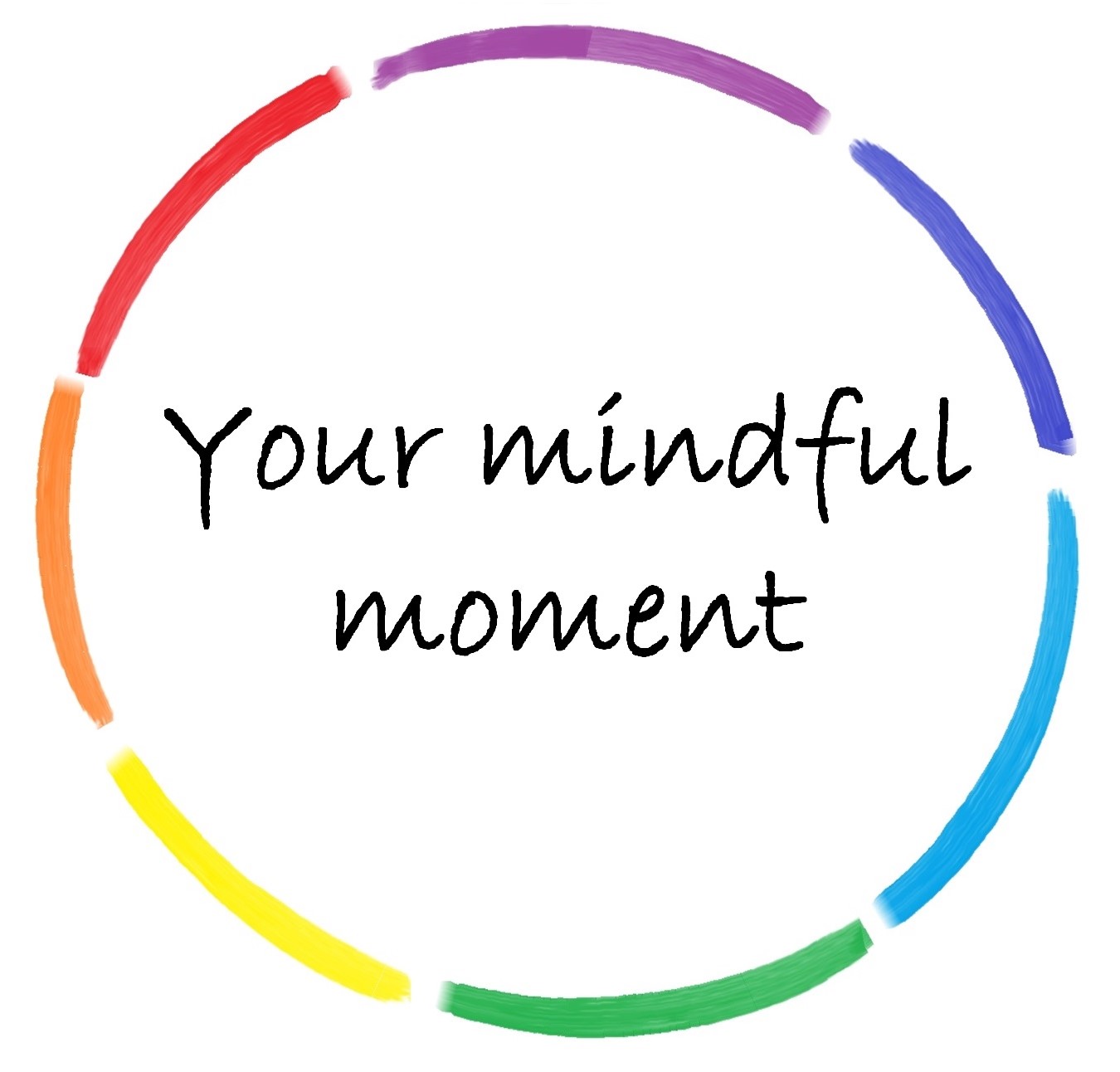Mindfulness is quite simply the act of ‘being in the moment’.
We live in a hectic and busy world, and can all be guilty of worrying about the tomorrow or living in the past but not very often paying attention to what is going on in the ‘now’.
It’s easy to lose touch with the way our bodies are feeling and to end up living “in our heads” – caught up in our thoughts, without stopping to notice how those thoughts are driving our emotions and behaviour.
Mindfulness is a form of meditation that focuses on being aware of what you are feeling and sensing in the moment. Taking time to ‘stop’ the busyness and acknowledge how you are feeling, bringing your awareness to the physical and thought sensations of the moment.
Mindful meditation is carried out by bringing your focus to your breath and can be carried out in many ways, varying environments and different physical positions.
There are two types of mindful practice- Formal and Informal
Formal practice of mindfulness is when you learn to be mindful in a structured way, setting aside an amount of time in your day to engage in a mindful meditation practice. A couple of examples of formal practice are a seated or lying down meditation that you can follow, such as the breathing space, or mindfulness in movement where you engage in exercises of light stretching while placing your attention on the movements of your body, and how it feels, as well as your breathing.
Informal mindfulness practice involves bringing mindfulness into your everyday routines through engaging in mindful moments that becomes part of your everyday activities. Its not structured in any way, like formal mindful meditation, and so you can eat mindfully or carry out household jobs, like vacuuming, but in a mindful way, being aware of your thoughts, feelings and sensations as you do them. It can make you realise that these chores can be something to embrace and stretch out tight muscles whilst vacuuming which brings in Mindfulness in movement practices too!
There are 7 main attitudes to mindfulness – Non-judging, Patience, Beginners mind, Trust, Non-striving, Acceptance & Letting go.
On a personal level Mindfulness has helped me with sleep deprivation, anxiety & grief but it has multiple benefits and there is published scientific evidence that mindfulness can benefit with:
⦁ Stress reduction
⦁ Clarity and focus
⦁ Greater resilience
⦁ Enhanced creativity
⦁ Improved relationships
⦁ Improved concentration
⦁ Rapport and communication
⦁ Improved health and well being
⦁ Greater confidence and self-esteem
⦁ Ability to have better quality sleep
⦁ Reduced anxiety and depression
⦁ Improved work-life balance
⦁ Greater work satisfaction
⦁ Memory enhancement
⦁ Intuitive ability
⦁ Pain reduction

